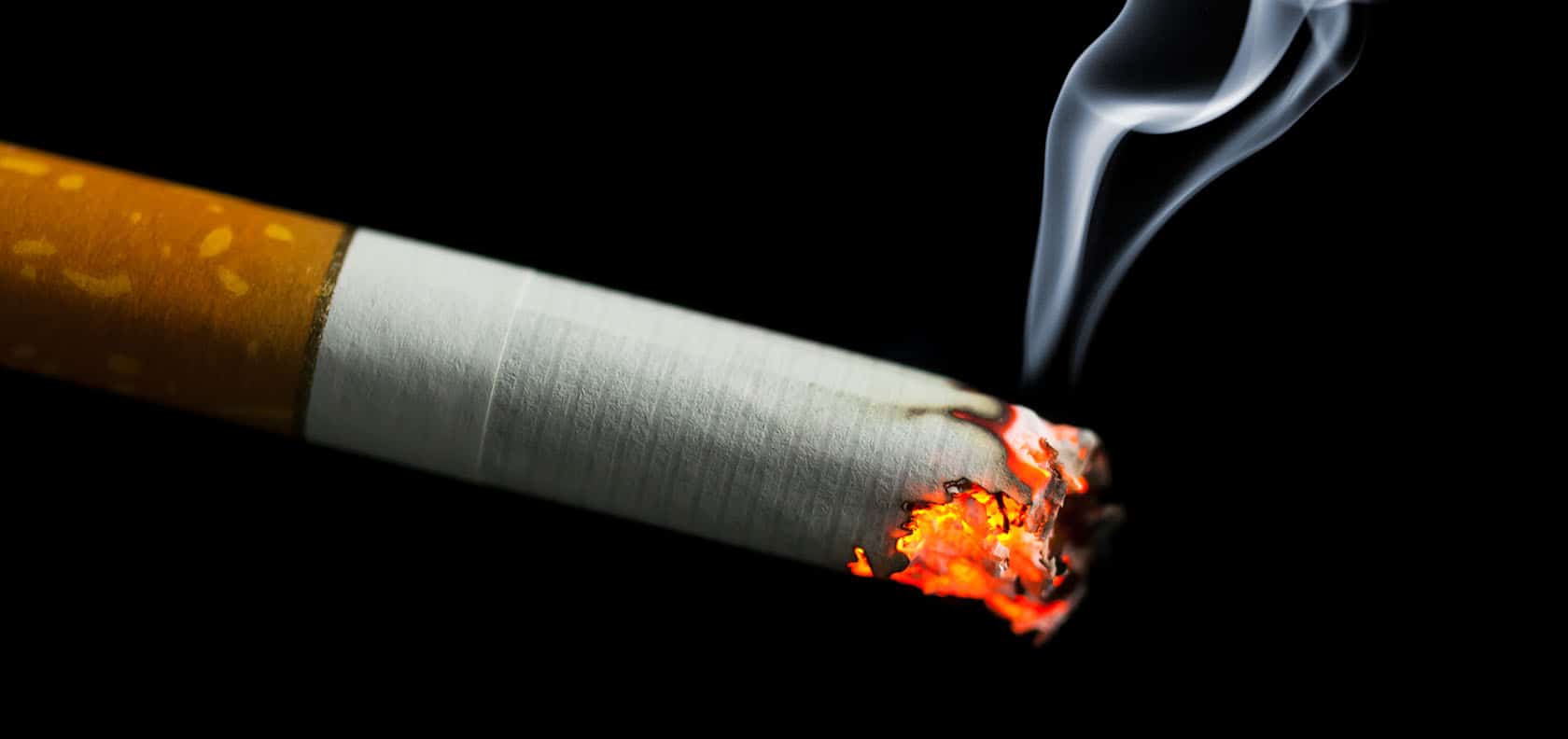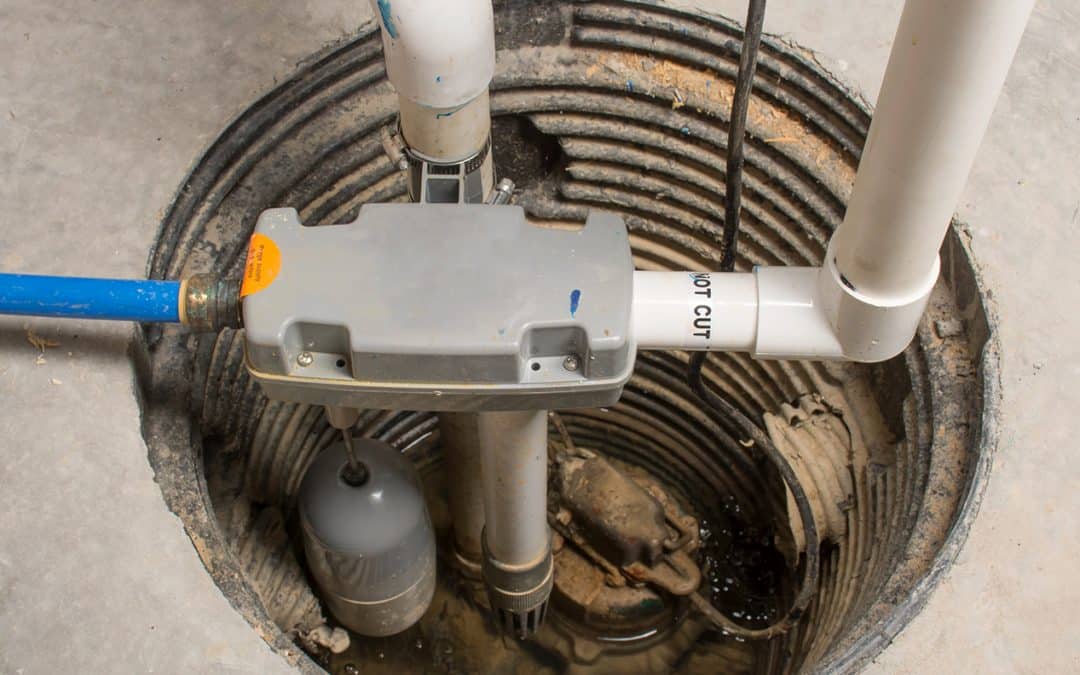Improper disposal of smoking materials is one of the leading causes of structure fires and related deaths and injuries in the United States. Smoking materials can include cigarettes, pipes, and cigars.
According to the National Fire Protection Association, five general causes accounted for 86% of reported home fires in the United States during the years of 2014 and 2018. They were:
- Cooking
- Heating equipment
- Electrical distribution or lighting equipment
- Intentional fire-setting
- Improper disposal of smoking materials
If someone smokes in your home, it’s recommended that they only use fire-safe cigarettes and smoke outside. Fire officials have reported that most fires start in people’s living rooms, family rooms, dens, or bedrooms, due to the improper disposal of smoking materials.
To avoid fires in relation to smoking materials, the NFPA has these recommendations:
- Only using fire-safe cigarettes
- Keeping cigarettes, lighters, matches, and other smoking materials up high and out of the reach of children
- Using a deep, sturdy ashtray and place it away from anything that can burn
- Not discarding cigarettes in vegetation such as mulch, potted plants or landscaping, peat moss, dried grasses, leaves, or other things that could ignite easily
- Before throwing away butts and ashes, make sure they are out by dousing them in water or sand
Keep in mind, electronic cigarettes also pose a fire risk as battery failures can lead to small explosions. The NFPA recommends never leaving an e-cigarette charging unattended.
Smoking in your home should NOT be allowed if medical oxygen is used in the house. According to the NFPA, medical oxygen was involved in only 160 (1%) reported home smoking material fires per year, but those fires caused an average of 80 (13%) of the associated deaths from smoking. Half of those fires resulted in a death.
The main reason smoking shouldn’t be around medical oxygen is that the oxygen can cause items in your home to ignite more quickly and make fires burn faster than usual.
We hope you found these tips helpful. Not a MAPFRE customer yet? Get a fast, free quote today to see how much you could save on your home insurance in Massachusetts or contact a local independent agent in your state!



